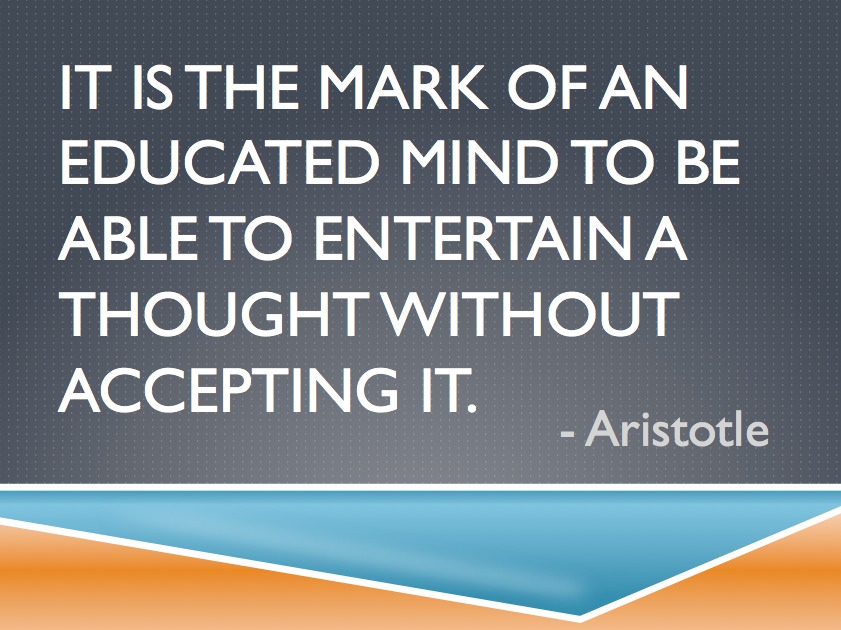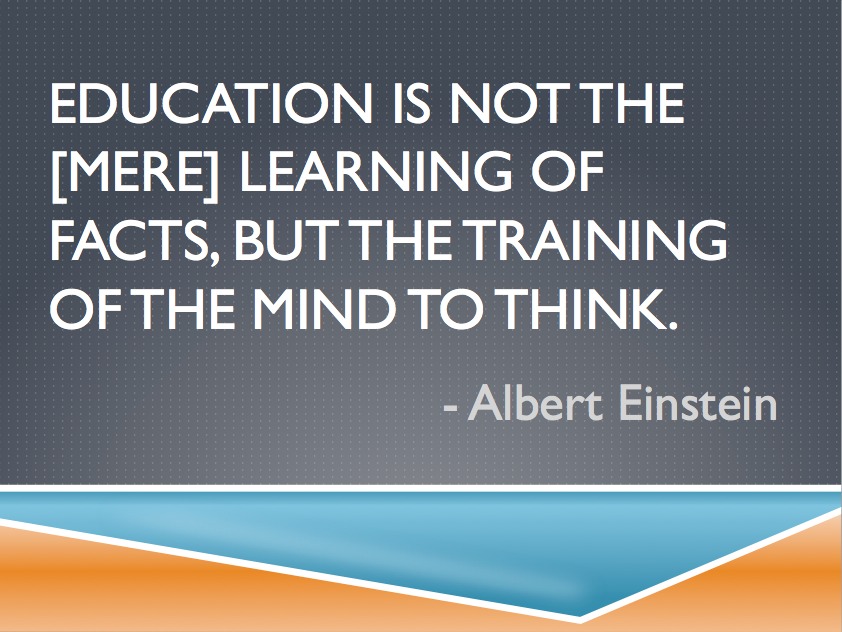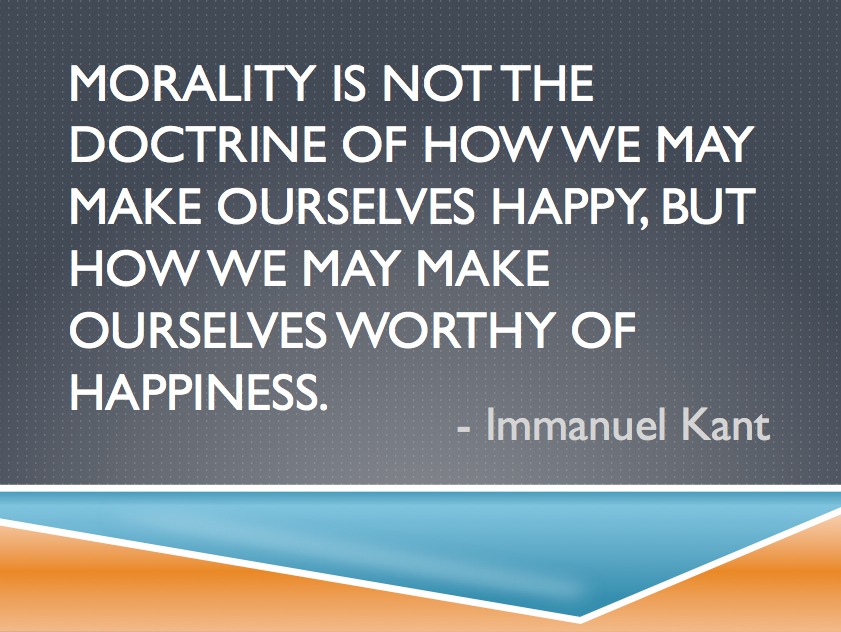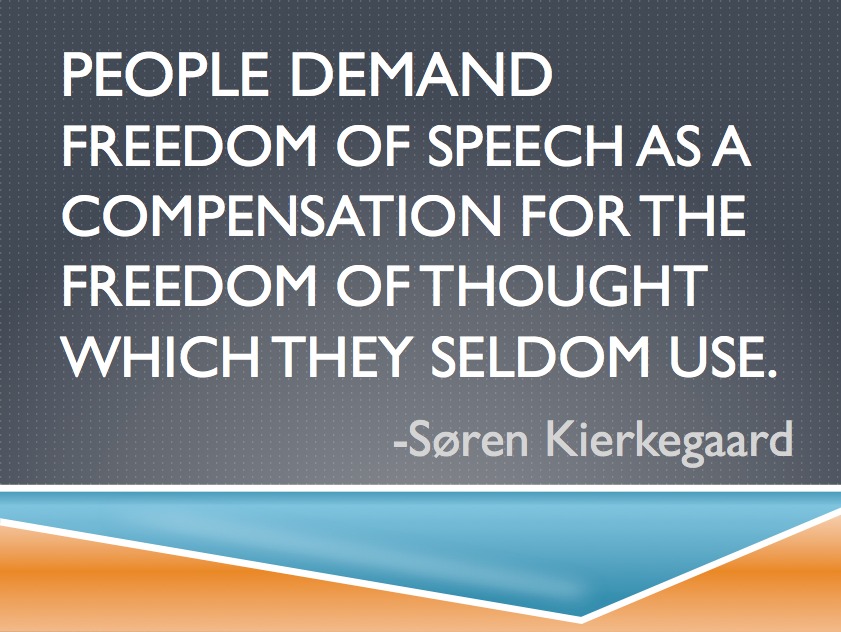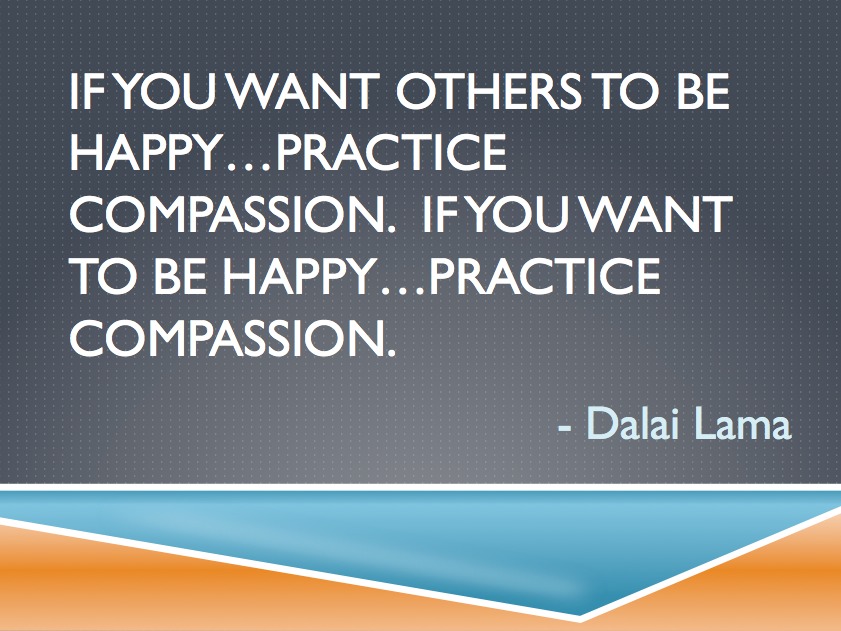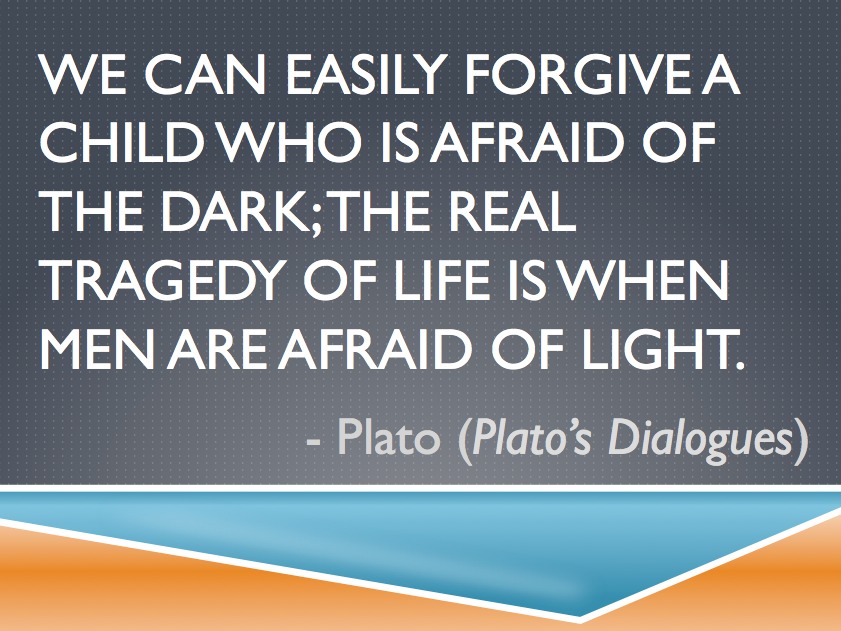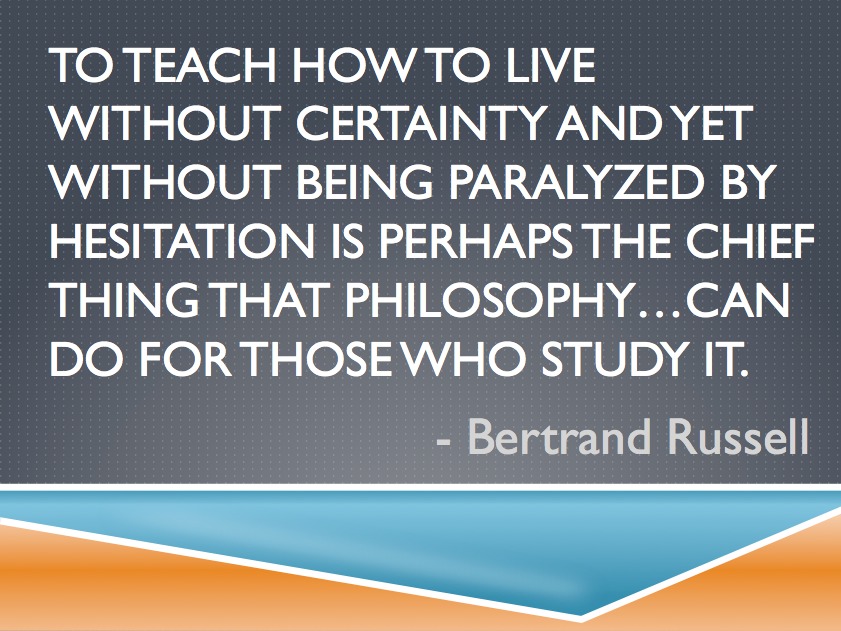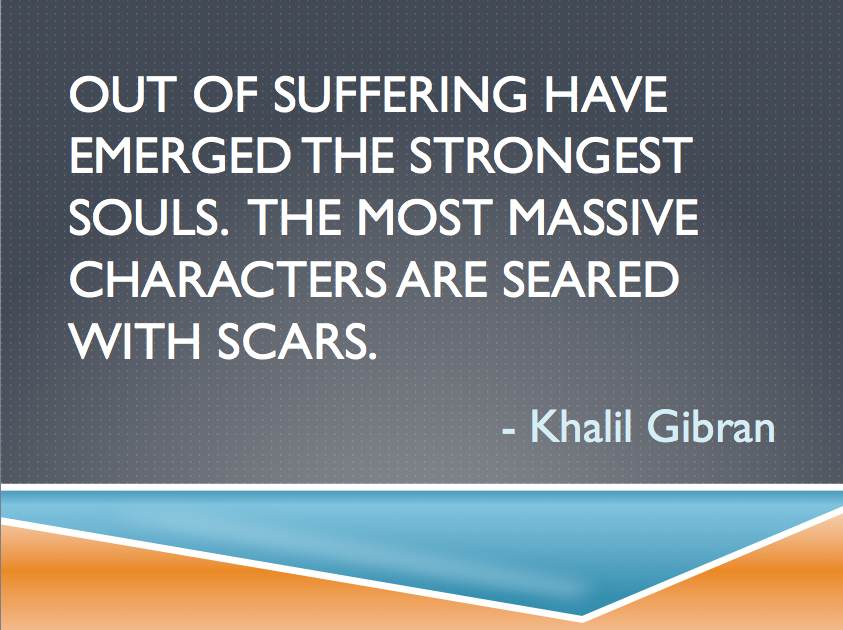 In this article, the work of Dr. Elliot D. Cohen — founder Logic-Based Therapy, the National Philosophical Counseling Association and Logic-Based Therapy & Consultation Institute — is discussed. Logic-Based Therapy is a philosophically-evolved offspring of Rational-Emotive Behavior Therapy (REBT), developed by psychologist Albert Ellis in the 1950’s. Inspired by a vision to cultivate a form of therapy enlightened by philosophy and logic, Logic-Based Therapy was born (thank you, Dr. Cohen!!).
In this article, the work of Dr. Elliot D. Cohen — founder Logic-Based Therapy, the National Philosophical Counseling Association and Logic-Based Therapy & Consultation Institute — is discussed. Logic-Based Therapy is a philosophically-evolved offspring of Rational-Emotive Behavior Therapy (REBT), developed by psychologist Albert Ellis in the 1950’s. Inspired by a vision to cultivate a form of therapy enlightened by philosophy and logic, Logic-Based Therapy was born (thank you, Dr. Cohen!!).
Being able to identify the logical structure of our reasoning has merit. But too often what is left out in this analytic venture is reasoning that involves emotional content (which, contrary belief, covers a lot of our terrain). – Trauma Psychology, American Psychological Association
As the name suggests, Logic-Based Therapy aims to provide a logic-based framework that supports the application of diverse philosophical theories to a wide variety of problems faced in everyday living. Because of its focus on identifying and correcting a patients’ emotional reasoning (as opposed to identifying the causes of emotions), Logic-Based Therapy offers an incredibly valuable way to navigate our emotional terrain. Knowing what we believe, whether or not our beliefs are epistemically justified, and how to correct them when they are not…is HUGE! And this applies not only to everyday challenges that we face but also some of the more extraordinary ones, such as Post-Traumatic Stress Disorder. This article explores the implications of a logic-based approach relative to PTSD.
What is PTSD?
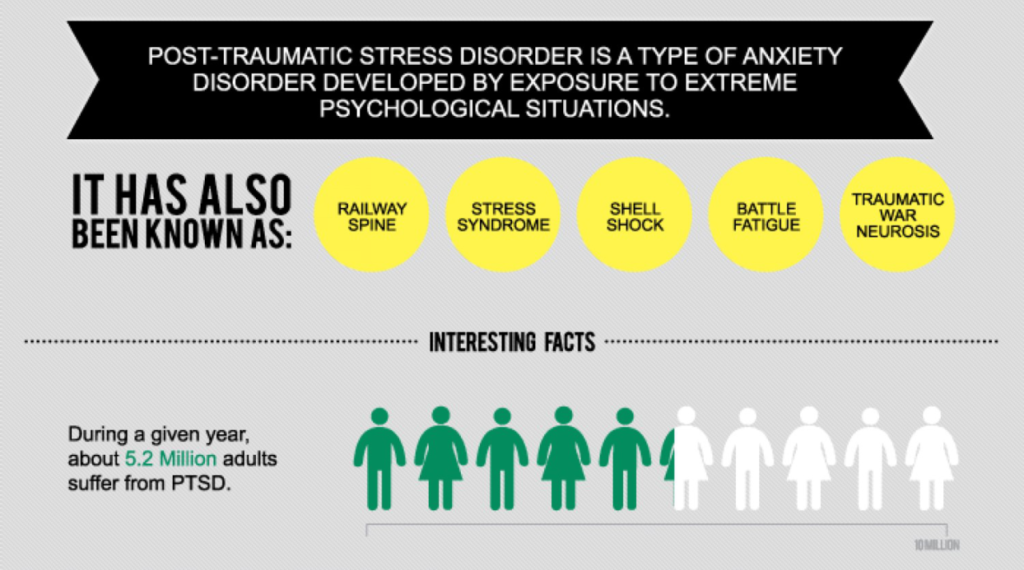
Infographic Credit: rebloggy.com
According to the National Center for PTSD: “[Post-Traumatic Stress Syndrome] can happen to anyone. It is not a sign of weakness. A number of factors can increase the chance that someone will have PTSD, many of which are not under that person’s control. For example, having a very intense or long-lasting traumatic event or getting injured during the event can make it more likely that a person will develop PTSD. PTSD is also more common after certain types of trauma, like combat and sexual assault.”
While the feelings involved in PTSD might seem unrelated to how we think, that is not the case. Feelings and thoughts are related and deeply intertwined. As such, finding tools that can help us understand our thoughts (and feelings) are extremely valuable avenues to pursue.
The Promise of Logic-Based Therapy for PTSD
 Inferences occur when a conclusion is drawn from a set of premises. We all do this. It is a natural part of the decision-making process. But often times, and for a variety of reasons, we don’t take the time (or find it hard) to examine the inner (logical) workings of our feelings and beliefs. This is especially the case when we are under stress or have experienced significant trauma. But being able to “catch the brain in the act of inferring” might be just what the doctor ordered…and logic-based therapy has much to offer here.
Inferences occur when a conclusion is drawn from a set of premises. We all do this. It is a natural part of the decision-making process. But often times, and for a variety of reasons, we don’t take the time (or find it hard) to examine the inner (logical) workings of our feelings and beliefs. This is especially the case when we are under stress or have experienced significant trauma. But being able to “catch the brain in the act of inferring” might be just what the doctor ordered…and logic-based therapy has much to offer here.
The emotional reasoning studies discussed [in this study] provide substantial evidence in favor of treating patients with emotional problems by utilizing a modality that identifies and examines patients’ emotional reasoning rather than simply looking for patients’ beliefs that may be disturbing them. This is because, on the proposed hypothesis, [logic-based therapy] encodes the actual inferential brain processes, and pinpoints the premises from which an emotively charged conclusion is inferred. It catches the brain in the act of inferring such a conclusion (for example, “I’m a failure”) from a set of premises (“If I lost my job then I’m a failure” and “I lost my job”) via modus ponens. – Trauma Psychology, American Psychological Association
While traditional REBT is a valuable methodology, “it does not have a consistent mechanism for encoding inferential brain processes, and may only capture a part of an inference such as the conclusion (“I’m a failure”),” claims Dr. Cohen. In contrast, Logic-Based Therapy provides a more complete picture of our inferences (and the stuff behind our thoughts and feelings). As such, there is great promise in the possibility of Logic-Based Therapy and its ability to help us address some of our most challenging experiences, including the experiences of those who suffer from PTSD. More research is required, but it is definitely an avenue worth pursuing. Read this article in full here.








